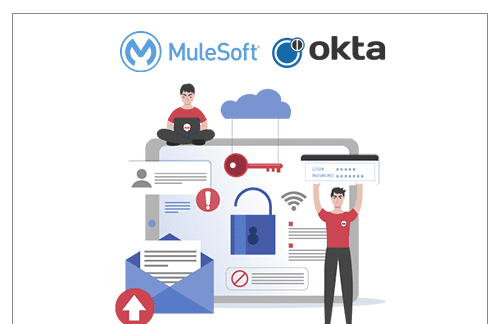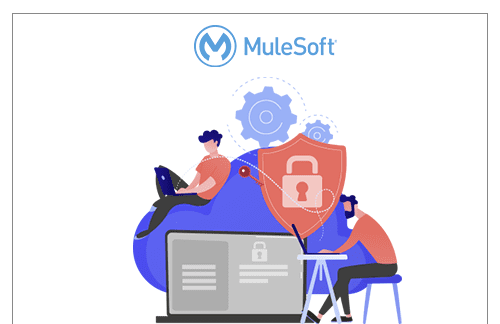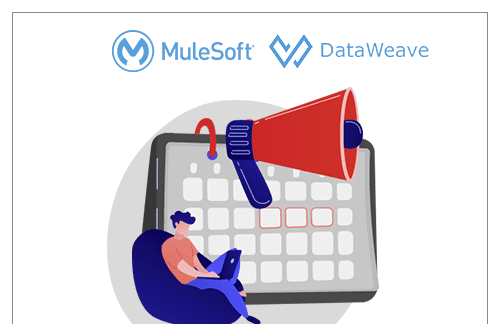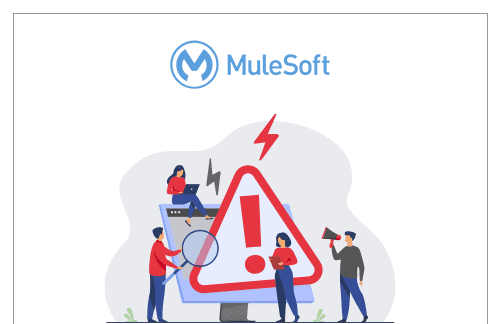MuleSoft Anypoint Platform can be configured for Single Sign-On (SSO) using Okta, OpenAM or PingFederate. SSO is useful to authenticate and access multiple applications/websites by logging in only once. Identity Management can be configured using one of the below SSO standards: OpenID Connect SAML 2.0 Configuring Okta 1. Create an account on Okta if you do not… Continue reading Setup Okta as Identity provider on MuleSoft Anypoint Platform
Author: MuleSoft Integration Team
One-way and Two-way TLS and their implementation in MuleSoft
Introduction: In this article, we will focus on the role of one-way and two-way TLS in API Integrations and their implementation in MuleSoft integration. Transport Layer Security, or TLS, is a widely adopted security protocol designed to facilitate privacy and data security for communications over the Internet. A primary use case of TLS is encrypting… Continue reading One-way and Two-way TLS and their implementation in MuleSoft
Date formatting in DataWeave 2.0
We often encounter scenarios to convert dates from one format to another, and I find the date formatting a massive task in itself. Date conversion becomes essential in a state of affairs where there is a need to sync two databases/systems. It’s not an easy task since most databases/systems have their specific formats. Maybe the… Continue reading Date formatting in DataWeave 2.0
Error Handling in Mule 4
What is Error Handling and why do we need it? Error Handling is the mechanism wherein the errors are controlled, and some flow is executed when Error occurs in the Mule Flow. If there is no error handling written at any of the levels, the Mule Default Error Handler is used, which stops the Flow and logs the console’s exception. If there… Continue reading Error Handling in Mule 4



